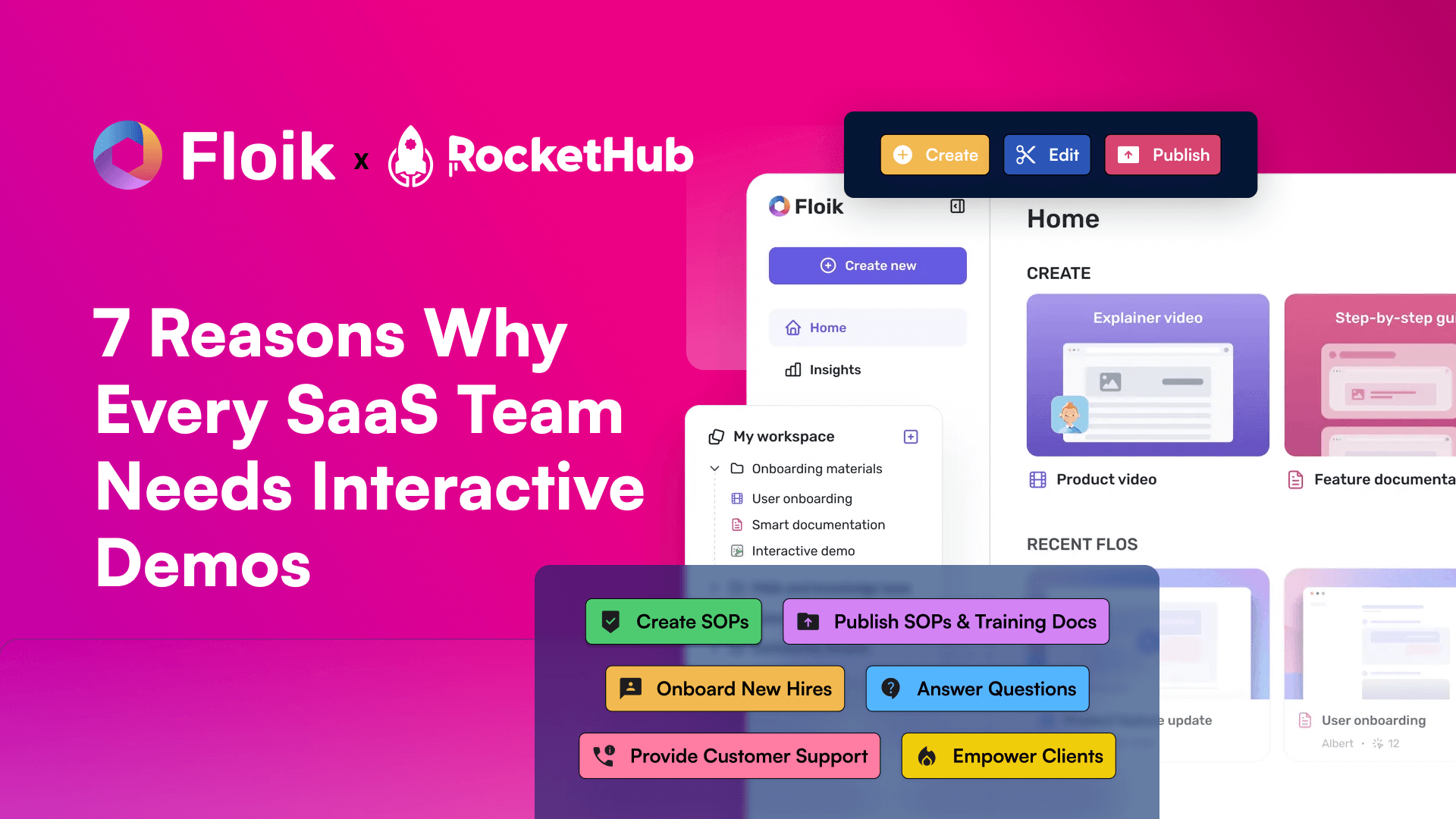
8 Benefits of Business Blogging
- Angel Alfred
- May 8, 2023

Maintaining a strong online presence for businesses is essential, and one way to achieve this is through the use of a business blog. A blog can be a powerful tool for companies of all sizes, providing numerous benefits that can help to grow and expand the business. In this blog post, we will explore the top eight benefits of business blogging and why it is a must-have for your company.
What is Business Blogging?

Business blogging is a marketing strategy that involves the creation and publication of blog posts on a company’s website to attract and engage potential customers, as well as build relationships with existing ones.
Through business blogging, companies can showcase their expertise, provide useful information and insights related to their industry or niche, and establish their brand as a thought leader in their field. Business blogs can cover a wide range of topics, from industry news and trends to product reviews, customer stories, and how-to guides.
The benefits of business blogging include increased website traffic, improved search engine rankings, higher engagement and customer loyalty, and ultimately, increased sales and revenue. However, creating and maintaining a successful business blog requires a consistent and strategic approach, as well as a deep understanding of the target audience and their needs and interests.
8 Benefits of Business Blogging
Following are the reasons why you should be including business blogging in your marketing strategy.
1. Increased Website Traffic
By publishing regular blog posts, businesses can attract more visitors to their websites. Each new blog post provides another opportunity for people to find the site through search engines or social media.
By optimizing blog content for relevant keywords and promoting posts on social media and other marketing channels, businesses can increase their online visibility and drive more traffic to their site.
2. Improved Search Engine Rankings
Search engines prioritize fresh, high-quality content when determining search rankings. By regularly publishing blog posts, businesses can improve their search engine rankings and increase their online visibility. Blog content can be optimized for relevant keywords and linked
3. Establishing Thought Leadership
Business blogs can help establish a company as an authority in its industry or niche. By publishing high-quality content that provides unique insights, businesses can demonstrate their expertise and thought leadership to their audience. This can help build trust with potential customers, leading to increased sales and customer loyalty.
4. Building Brand Awareness
By sharing blog posts on social media and other online channels, businesses can increase their visibility and build brand awareness. Blogging provides an opportunity to showcase a company’s personality, values, and culture, helping to differentiate it from competitors.
5. Engaging with Customers
Business blogs can facilitate two-way communication between a company and its customers. By responding to comments and feedback on blog posts, businesses can build stronger relationships with their audience. This can also provide valuable insights into customer needs and preferences, helping to improve products and services.
6. Generating Leads
Business blogs can be used to attract and convert potential customers into leads. By offering valuable content, such as ebooks, whitepapers, or webinars, in exchange for contact information, businesses can build a database of leads to nurture and convert into customers.
7. Cost-effective Marketing
Compared to other forms of marketing, such as advertising and PR, business blogging can be a cost-effective way to promote a company’s products and services. The cost of creating and publishing blog content is relatively low, while the potential ROI can be significant.
8. Long-term Value
Business blogs have long-term value and can continue to drive traffic and generate leads over time, even after they have been published. This makes them a valuable asset for businesses looking to build a sustainable online presence and generate ongoing revenue. Over time, businesses can use blog analytics to identify top-performing content and optimize their strategy for even greater results.
Tools for Business Blogging
Here are some of the most popular tools for business blogging:
Content Management Systems (CMS)
A CMS like WordPress, Drupal, or Squarespace provides a platform for businesses to create and manage their blog content. These tools allow for easy content creation, formatting, and publishing, as well as search engine optimization and customization.
Editorial Calendars
An editorial calendar can help businesses plan their blog content, ensuring a consistent schedule of new posts. Tools like Trello, Asana, or CoSchedule allow for easy scheduling and collaboration among team members.
Writing Tools
Writing tools like Grammarly, Hemingway, or ProWritingAid can help businesses improve the quality of their blog content by identifying spelling and grammar errors, suggesting improvements to sentence structure and readability, and providing writing tips and insights.
Visual Content Tools
Visual content is an important part of business blogging, and tools like Canva, Piktochart, or Adobe Creative Cloud can help businesses create high-quality graphics, images, and infographics to accompany their blog posts.
Analytics Tools
Analytics tools like Google Analytics, SEMrush, or Moz can help businesses track the performance of their blog content, identify top-performing posts, track website traffic, and monitor search engine rankings.
Social Media Management Tools
Social media is an important channel for promoting blog content, and tools like Ampfluence can help businesses manage and schedule social media posts, track engagement, and monitor brand mentions.
By leveraging these tools and others, businesses can streamline their blogging process, improve the quality of their content, and achieve greater success with their blogging strategy.
Read: Top 20 Text-to-Video AI Tools to Use in 2023
Wrapping Up
business blogging is a powerful tool that can help businesses gain a competitive edge in the digital age. From increasing visibility and establishing thought leadership to boosting SEO and generating leads, the benefits of business blogging are clear. So, if you haven’t already, it’s time to start a business blog and reap the many rewards it has to offer.
Share This Post
Angel Alfred
Angel is a digital marketer, a mental health speaker, and above all, a writer. She loves being a part of the RocketHub team and is keen on learning and taking over new challenges every day!
Table of Contents
Get The Latest Updates
Subscribe To Our Weekly Newsletter
Sign up below to be one of the first crew members onboard and get early access to amazing deals.
Recent Posts


Social Media
Categories
Related Posts

Lifetime Deal Platforms
The best lifetime deal platforms for software. Platforms lik RocketHub scour the web for the highest quality products to bring buyers the best lifetime deals on their platform.

How to Work for Yourself + 13 Solo Business Ideas
Do you ever wonder if being your own boss could truly set you free? In this article, we’ll explore the theory that unleashing entrepreneurial freedom

7 Reasons Why Every SaaS Team Needs Interactive Demos
Making a Case for Interactive Demos: 7 Reasons Why Every SaaS Team Needs Them Let me paint a scenario for you. You want to buy



One Response
Absolutely loved this post on the benefits of business blogging! It’s spot-on about how blogging can establish authority, boost SEO, and engage customers. Thanks for sharing such valuable insights!